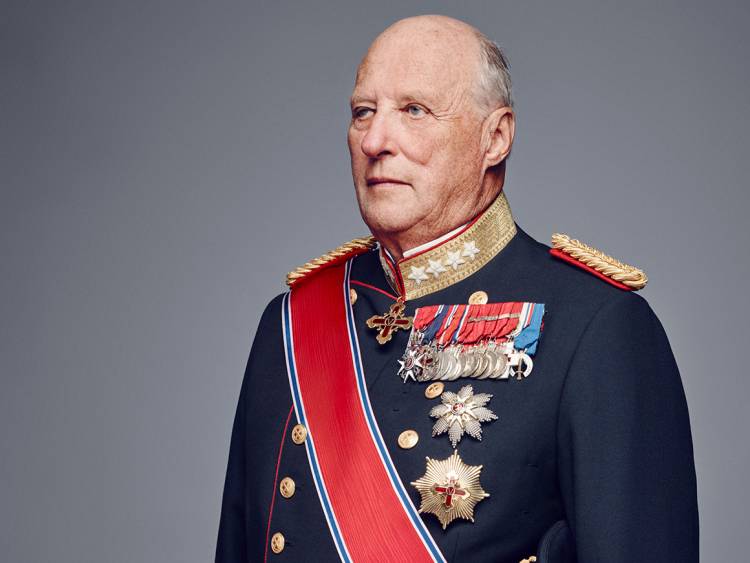The Royal House of Norway - English

State visit from Iceland
Their Majesties The King and Queen hosted the state visit of the President of Iceland, Her Excellency Ms Halla Tómasdóttir, and her husband Björn Skúlason to Norway 8–10 April.
The visit confired the close relationship between Iceland and Norway.
Photo: Ola Vatn, The Royal Court
Current Activities

State visit from Iceland
Their Majesties King Harald and Queen Sonja welcomed the President of Iceland, Halla Tómasdóttir, and her husband Björn Skúlason to Norway during a welcome ceremony at the Palace Square today.

Nordic World Ski Championships 2025
The 2025 Nordic World Ski Championships are over. A championship on home ground spanning twelve days with 31 events, 700 athletes, 2500 volunteers - and an audience that turned out in support of the athletes regardless of the weather.

Visited Joint Viking
Some 10,000 soldiers from nine countries are currently participating in the Joint Viking winter military exercise in North Norway. His Royal Highness Crown Prince Haakon had the opportunity to meet soldiers from both Norwegian and Allied forces during his visit to the exercise.



